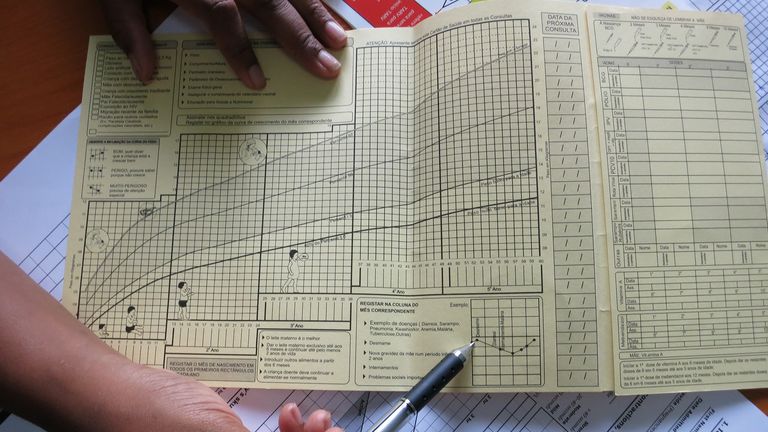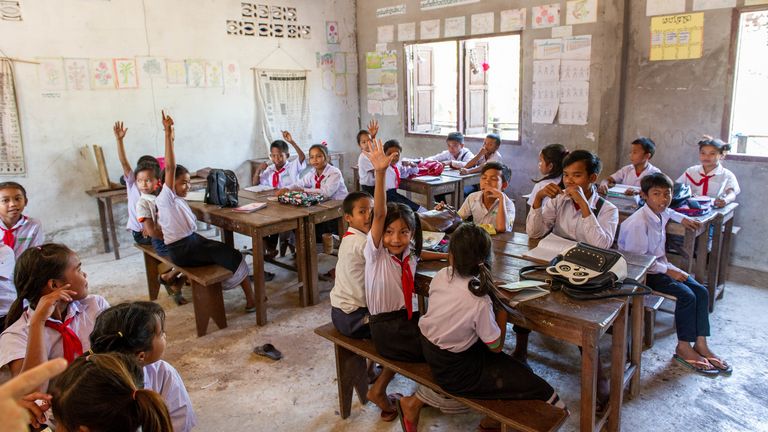Unit | Systems Performance and Monitoring
Well-functioning health systems and programmes are fundamental for providing effective, proper and sustainable health care to populations in low and middle income countries. Performance assessment and monitoring provides an important basis for analysing the outcome and impact of different programmes and projects on health systems, and more generally, on public health. Through improving the performance quality and functioning of health services and programmes we contribute to the development of accessible, equitable and efficient health systems.
Development of Sustainable Health Systems
We carry out research and project implementation, supporting the development of sustainable health systems to alleviate poverty and reduce health deficiencies. This involves rethinking solutions for pharmaceutical, as well as financial management, performance assessment, and monitoring and evaluation mechanisms.
Expertise and Services
Our key mandate is the Local Fund Agent (LFA) with The Global Fund to Fight AIDS, Tuberculosis and Malaria created in 2002 to significantly increase resources to fight the three of the world's most devastating diseases (HIV and AIDS, Tuberculosis, and Malaria), and to direct those resources to areas of greatest need. As a partnership between governments, civil society, the private sector and affected communities, the Global Fund represents an innovative approach to international health financing. The Global Fund does not have a country-level presence outside of its offices in Switzerland. Instead, it hires LFAs to oversee, verify and report on grant performance. LFAs are selected through a competitive bidding process and play an important role in verifying the performance of Global Fund funded programmes. They act as advisory body and can be seen as the “eyes and ears on the ground” of the Global Fund.
The LFA is contracted to independently oversee program performance and the accountable use of funds and works closely in particular with the relevant Fund Portfolio Manager from the Global Fund, to provide the following services: work performed before the Global Fund signs a grant agreement with the Principal Recipient. This includes assessing the Principal Recipient's capacity to implement the grant, reviewing proposed budgets and work plans and otherwise assisting the Global Fund in grant negotiations; work performed during program implementation. The LFA's review of a grant as it approaches Phase 2 (years three to five of the grant's lifespan) is crucial in assisting the Global Fund to make its decision on whether to continue funding beyond the first two years; work performed with respect to grant closure. When a grant ends, the LFA is involved in assisting the Global Fund with closure of the grant; and ad hoc assignments undertaken at the request of the Global Fund, such as investigations relating to the suspected misuse of funds.

Odile Pham-Tan
MD, MPH, MBA
Head of Unit
+41612848324
odile.phamtan@swisstph.ch
Our Areas of Expertise
Project Locations
Projects
Latest Publications
Rodriguez Franco D et al. How to design decision-support tools for primary healthcare using a human-centred design approach: the processes and experience of PHISICC in three Sub-Saharan countries. BMJ Glob Health. 2026;11:e019180. DOI: 10.1136/bmjgh-2025-019180
Bosch-Capblanch X. Biases and mistakes in the Official College of Physicians of Barcelona (COMB) document on digital health. Medwave. 2025;25(11):e3156. DOI: 10.5867/medwave.2025.11.3156
Kone F et al. MALDI-TOF mass spectrometry combined with machine learning algorithms to identify protein profiles related to malaria infection in human sera from Côte d'Ivoire. Malar J. 2025;24:130. DOI: 10.1186/s12936-025-05362-1
Michel J, Schneider K. Demystifying impact evaluation: an impact evaluation framework. Front Epidemiol. 2025;5:1460997. DOI: 10.3389/fepid.2025.1460997
Molesworth K et al. Consensus on addressing HIV-related stigma and achieving the societal enabler targets using an adapted Delphi process. BMJ Open. 2025;15(8):e092516. DOI: 10.1136/bmjopen-2024-092516



 Salem Al-Aidroos
Salem Al-Aidroos
 Lise Beck
Lise Beck
 Salvador Camacho
Salvador Camacho
 Guillaume Deschamps
Guillaume Deschamps